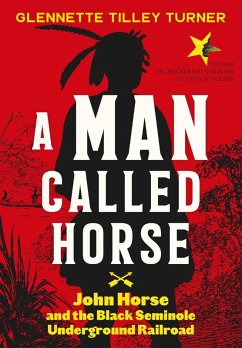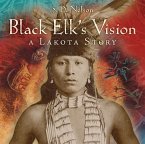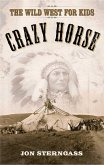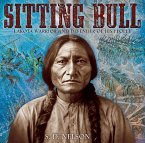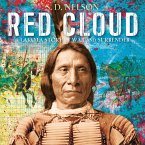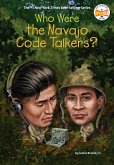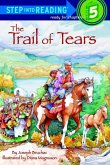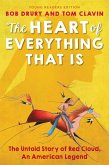John Horse (c. 1812-1882, also known as Juan Caballo) was a famed chief, warrior, tactician, and diplomat who played a dominant role in Black Seminole affairs for half a century. His story is central to that of the Black Seminoles-descendants of Seminole Indians, free Blacks, and escaped slaves who formed an alliance in Spanish Florida. A political and military leader of mixed Seminole and African heritage, Horse defended his people from the US government, other tribes, and slave hunters.
A Man Called Horse focuses on the little-known life of Horse while also putting into historical perspective the larger story of Native Americans and especially Black Seminoles, helping to connect the missing "dots" in this period. After fighting during the Second Seminole War (1835-1842), one of the longest and most costly Native American conflicts in US history, Horse negotiated terms with the federal government and later became a guide and interpreter. Forced to relocate, he led a group of Black Seminoles to find a new home, first heading westward to Texas and later to Mexico.
Turner worked with descendants of Horse, who provided oral histories as well as many photographs and other artifacts. Her expertly researched and vetted biography depicts Horse as a complex, fascinating figure who served in many varied roles, including as a counselor of fellow Seminole leaders, an agent of the US government, and a captain in the Mexican army. But no matter the part he played, one thing remained constant: whether in battle or at the negotiating table, Horse fought tirelessly to help his people survive. The story of John Horse is a tale of daring, intrigue, and the lifelong quest for freedom.
The book includes black-and-white archival photos throughout (though the book is designed in full color), as well as a map, timeline, author's note, endnotes, and select bibliography.
Dieser Download kann aus rechtlichen Gründen nur mit Rechnungsadresse in A, B, BG, CY, CZ, D, DK, EW, E, FIN, F, GR, HR, H, IRL, I, LT, L, LR, M, NL, PL, P, R, S, SLO, SK ausgeliefert werden.

